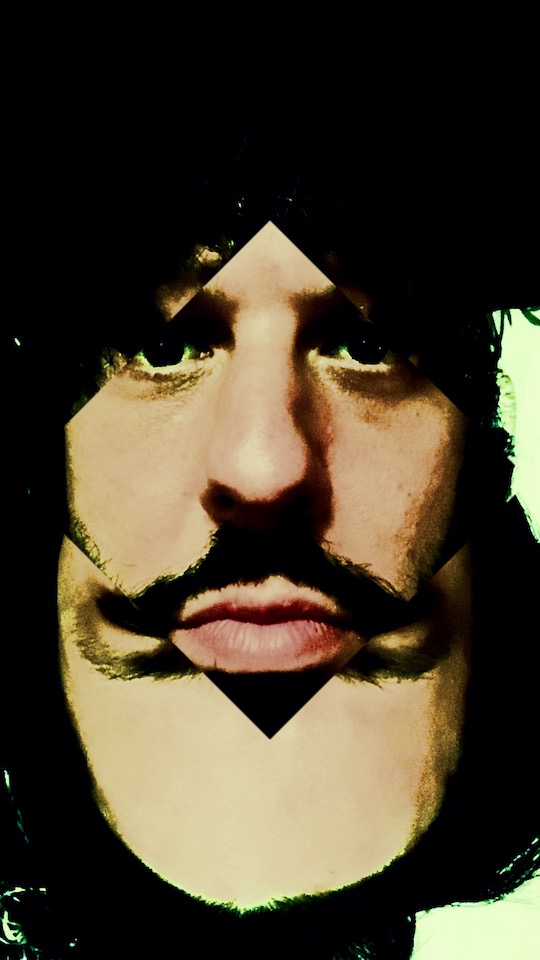psyche

the totality of the human mind, conscious and unconscious
The Greek word ψυχή (psyche) was “life” in the sense of “breath”, formed from the verb ψύχω (psycho, “to blow”).
Soul is sometimes used synonymously, especially in older texts, and originates from the Hellenistic personification of the soul as female. The allegory of the beautiful mortal woman Psyche, her complicated marriage to Eros, and her subsequent immortalization is told in the Metamorphoses of Apuleius. For the Greeks at the time, Psyche’s story summarized their belief that a person had to endure hardships before obtaining true happiness, and that the soul would live forever - as their mythological goddess had - in one form or another.
As the aristocratic hegemony in Archaic Greece gradually brokedown, a degree of individualization blossomed and the idea of ending up in the unattractive and impersonal underworld became less and less acceptable. These changes encouraged belief in an immortal psyche, and even speculative doctrines like metempsychosis - that death resulted in transmigration of the soul into a new body of the same or a different species - began to take hold. Introduced by Pythagoras in the sixth century (BC), although probably influenced by Indo-Iranian sources, metempsychosis did not enter mainstream religion until post-Classical times.
During the same period within the late Archaic age, the concept of psyche gradually transformed into “the center of consciousness”. Owing in large part to tales such as Psyche’s and the promotion or acceptance of a greater capacity for tender feelings, the transformation culminated as a precondition for the Socratic view.
For Marcus Aurelius to proclaim “that every Man’s Mind is a God, and had its Original from him” necessitates a belief that the intellect or the soul was the hegemonicon (“the governing part”, i.e. human reason). This rational soul was conceived by the Stoics, to be a being or substance distinct both from the gross body, and the animal soul, in which are the sensations, lower appetites, and passions.
Won’t you, at last, perceive, that you have something more excellent and divine within you, than that which raises the several passions, and moves you, as the wires do a puppet, without your own approbation? What now is my intellectual part? Is it fear? Is it suspicion? Is it lust? Is it any such thing?
(The Meditations of Marcus Aurelius, bk. XII, art. 19, p. 148)
Thus the Stoics call the psyche the seat of knowledge and virtue, deeming it a part of the ever pervading divinity and inspired by it to all moral good. In essence, a human’s most important task was to take care of one’s psyche.
Plato and Aristotle both further developed the Stoic view of the psyche, albeit in different directions. Ultimately, Aristotle’s theory had a much larger influence on psychology until about the 19th century.
consciousness, psychosis⌗
Incidentally, Apuleius was a Latin writer in the Roman empire, and his Metamorphoses is the only ancient Roman novel in Latin to survive in its entirety. His inscription of the Ancient Greek psyche was Latinized to anima.
Two millenia later, as part of his theory of the collective unconscious, Carl Jung described the primary archetypes of the unconscious mind as anima (within men) and animus (within women). He posited that anima/animus is one of the most significant autonomous complexes of all: the unconscious associations and strong unconscious impulses behind an individual’s otherwise unknown condition.
Much of Jung’s theory was vaguely specified, particularly regarding how total or completely unconscious the anima archetype was. This was entirely deliberate on Jung’s part:
The realities subsumed under the concept “anima” form an extremely dramatic content of the unconscious. It is possible to describe this concept in rational, scientific language, but in this way one entirely fails to express its living character. Therefore I deliberately and consciously give preference to a dramatic, mythological approach and terminology. In describing the living processes of the soul, such a terminology is not only more expressive but also more exact than abstract scientific terms.
(Spring, 1950)
Regardless, he was clear on its effects on an individual:
It is always the a priori element in [a perons’s] moods, reactions, impulses, and whatever else is spontaneous in psychic life.
(Collected Works Vol. 9)
The relationship between one’s consciousness and the anima archetype (and/or any of the other Jungian archetypes) is core to identity. A disharmony or unhealthy relationship is a neurosis that results in a spectrum of character traits and mental states ranging from consumerism to narcissism to psychosis.
Psychosis is a state in which thought and perception are severely impaired.
…at least, according to general psychiatric medicine.
Persons is such state may experience hallucinations, demonstrate personality changes, exhibit disorganized thinking, and hold delusional beliefs such as extreme paranoia.